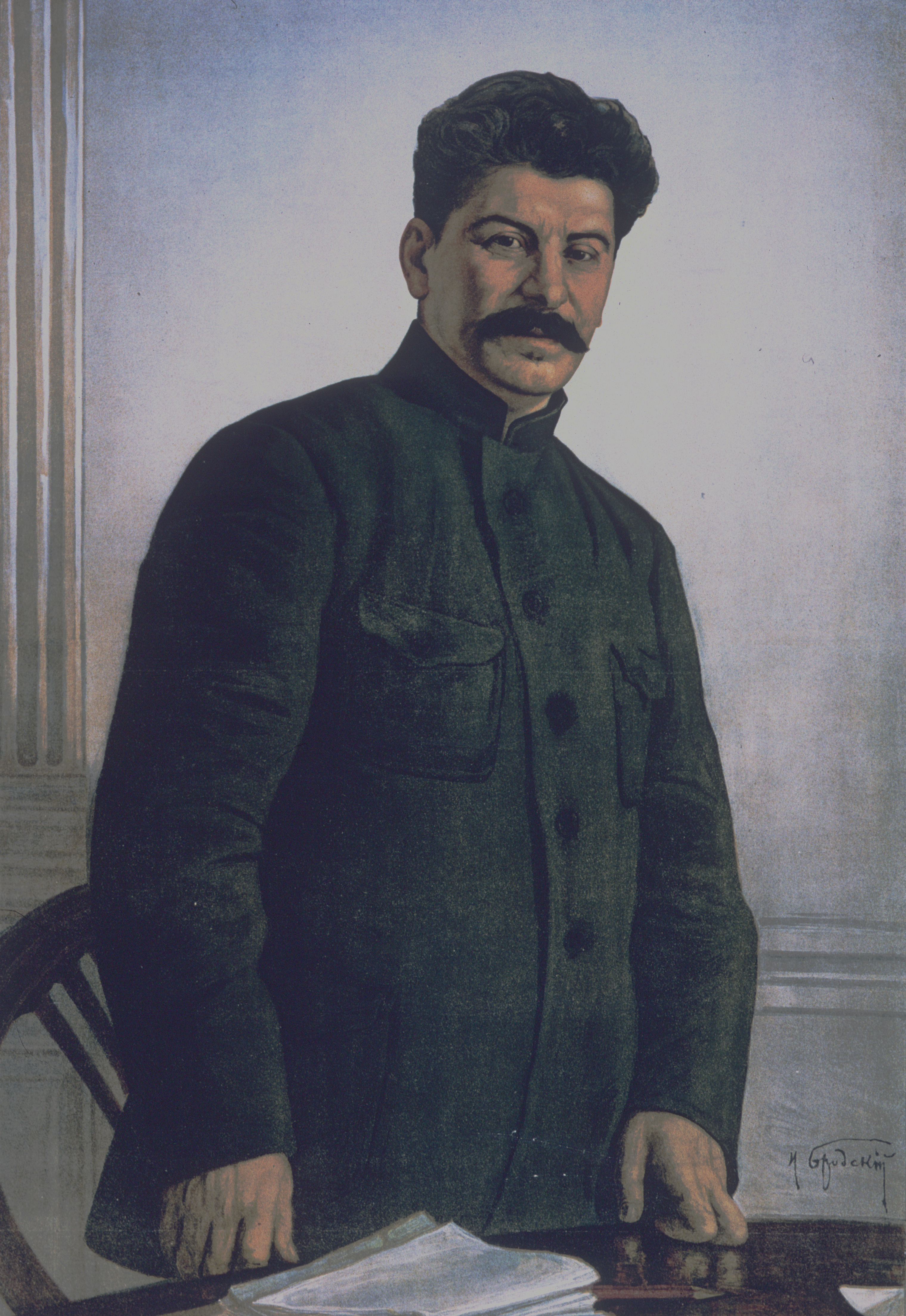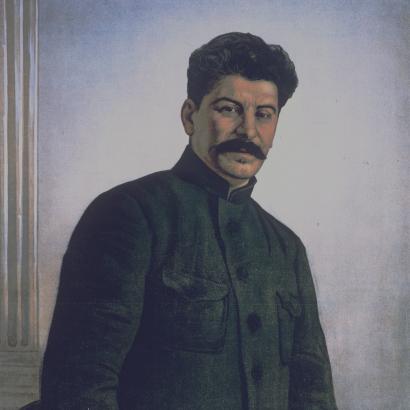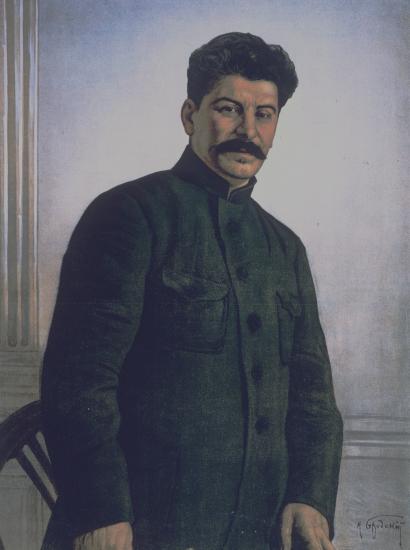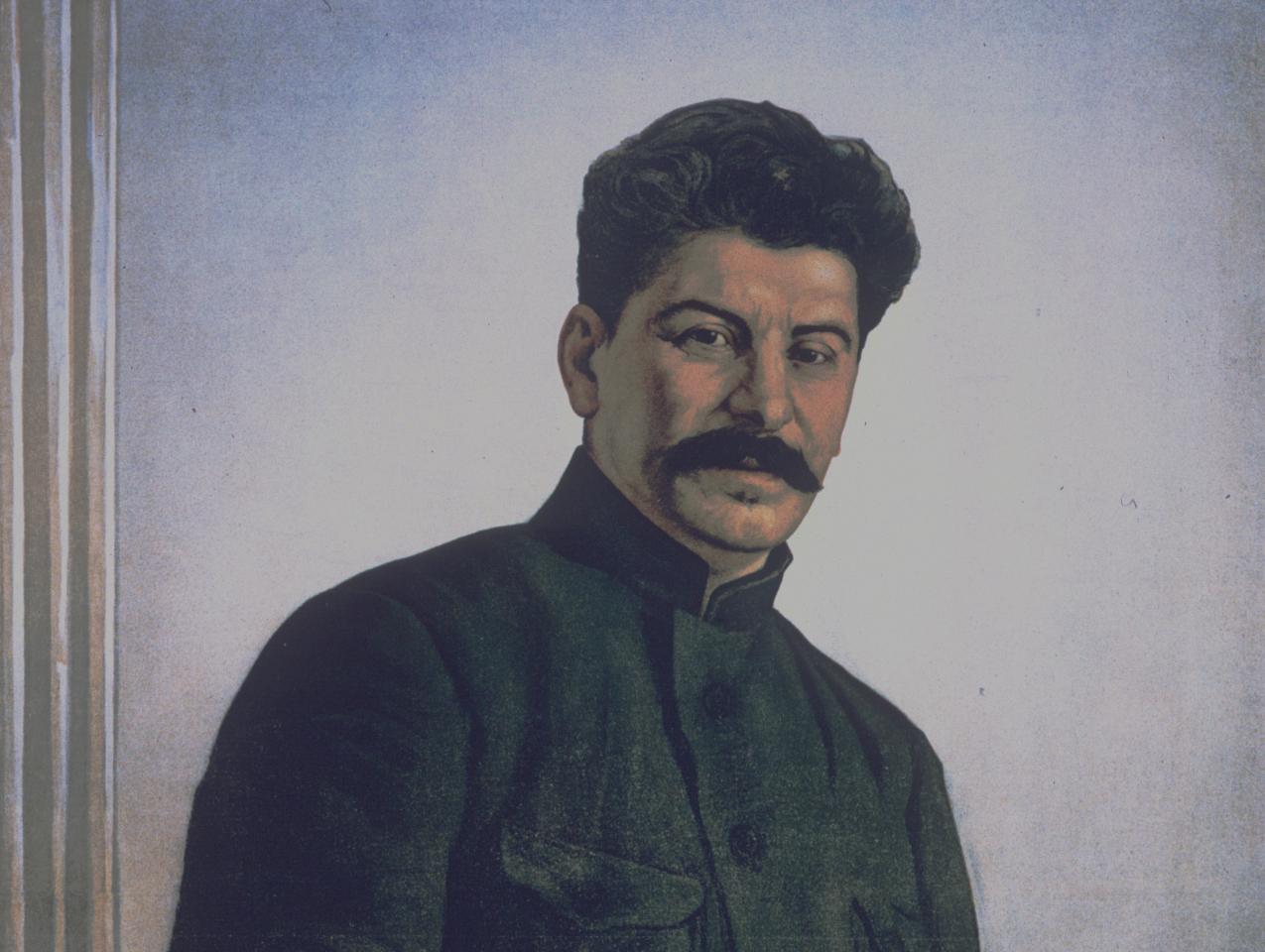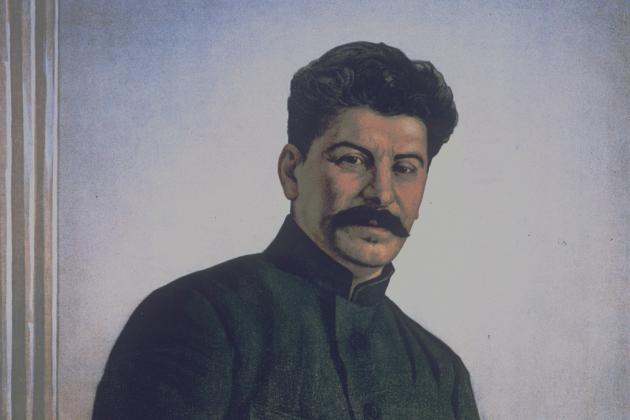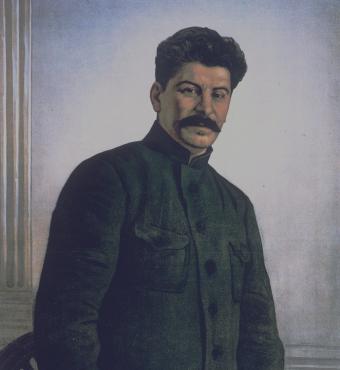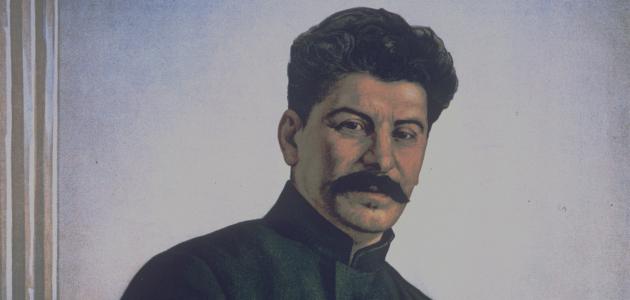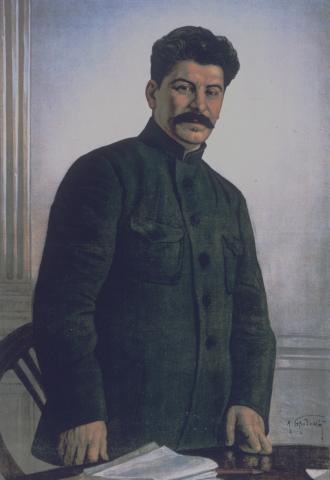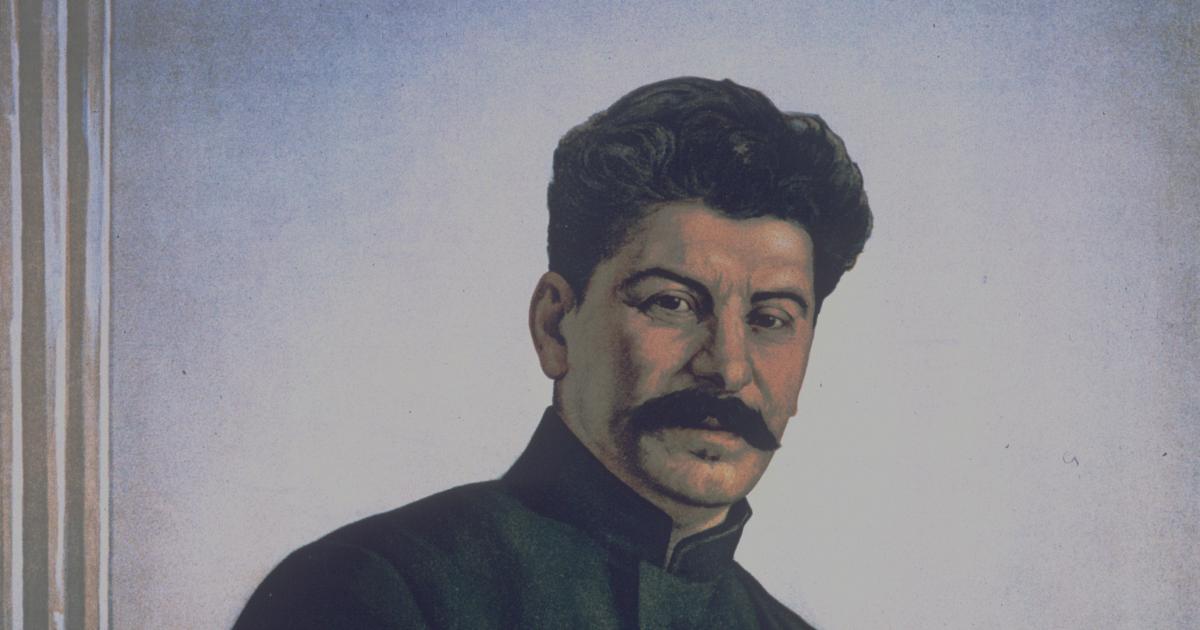- History
- Revitalizing History
When Vladimir Putin began to emerge from the shadows behind the diplomatic spotlight a quarter century ago, Euro-American politicos dismissed him as “a mere apparatchik,” a mid-grade former KGB officer with (literally) poor table manners whose suits didn’t quite fit. Regarded as a placeholder while post-Yeltsin Russia’s real leadership sorted itself out, his details were unknown even to our Russia “experts.” He was a nobody, an outsider.
What our finely polished diplomats and veterans of myriad summit chats failed to recognize was a fundamental lesson of history: It’s the outsiders who change the world.
Insiders may wish to reform the system, perhaps even radically, but they and their peers have a lifelong (even hereditary) stake in preserving the macro-structures of statecraft and the governing caste.
The outsiders want to gut or even obliterate the state, society, and fundamental culture that excludes them. At the tormented junctures of history, it’s the preppies who know precisely how frayed the collar of a polo shirt should be versus prophets in rags. When humanity is lucky, the impulse to change the existing order leads to Independence Hall in Philadelphia. When change goes awry, we get severed heads in the Place de la Concorde.
Consistently over millennia, in-place ruling classes have dismissed the visionary outsiders until it was too late. Consider but a few of the “nobodies” who changed humanity’s path, at times for the better but too often for the worse: Hitler was a former lance corporal judged unsuited for leadership by Imperial Germany’s officer class; the Prophet Mohammed was a middling merchant; Christ was raised as a carpenter’s son; Stalin was a failed seminarian; Napoleon was a junior artillery officer; Martin Luther was an obscure monk in a German backwater; Lenin was a syphilitic pamphleteer stranded in Zurich. And who could merit the label “outsider” more than the leaders of the world’s innumerable slave revolts that wracked empires?
Outsiders rarely seek to hide their agendas. The problem is that the institutionally empowered don’t believe them.
As Putin’s behavior grew more aggressive and egregious over the years, our authorities made excuses, rationalizing his motivations and insisting that his actions, though deplorable, were not really consequential—annoyances and embarrassments, not existential threats.
So, Putin kept on marching. A student of judo since his teens, he keenly exploited our rules and self-satisfaction so that we defeated ourselves. This “mere apparatchik” restored the economy, currency, pride, and territory of his people. Trained to manipulate enemies into betraying their own best interests, he co-opted Western officials and figures of influence into serving his agenda. We overestimated our strengths, while Putin saw our weaknesses with a cold eye and uncanny judgment.
When Putin invaded Ukraine for the second time, a flabbergasted West declared that he’d made a fatal mistake in misjudging Ukraine’s will to resist. This time, he was bound to fail and fall. Finland and Sweden joined NATO. Russian battlefield losses were shocking. Russia’s economy was supposed to collapse under sanctions.
Now, in the waning months of 2025, Putin remains in place and relentless. It’s the West’s resolve to defend its own interests that’s eroding, a travesty headlined by the United States’ near-abandonment of Ukraine.
Putin may ultimately fail (let us hope), but he’s seen off four U.S. presidents and has a bewildering magnetic effect on a fifth.
We don’t and won’t like his vision, but Putin is a visionary. All he has built may yet come tumbling down. Russia’s economy is slowly eroding. Ukraine’s a grim stalemate. Despite rings of security, his own lot may turn on him…
Don’t count on it.







